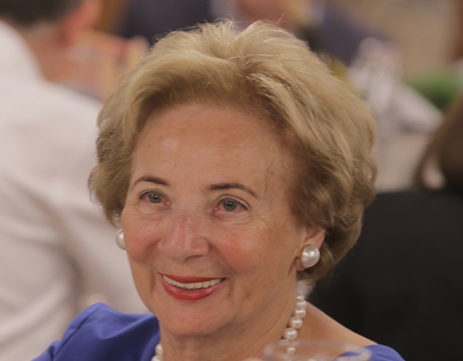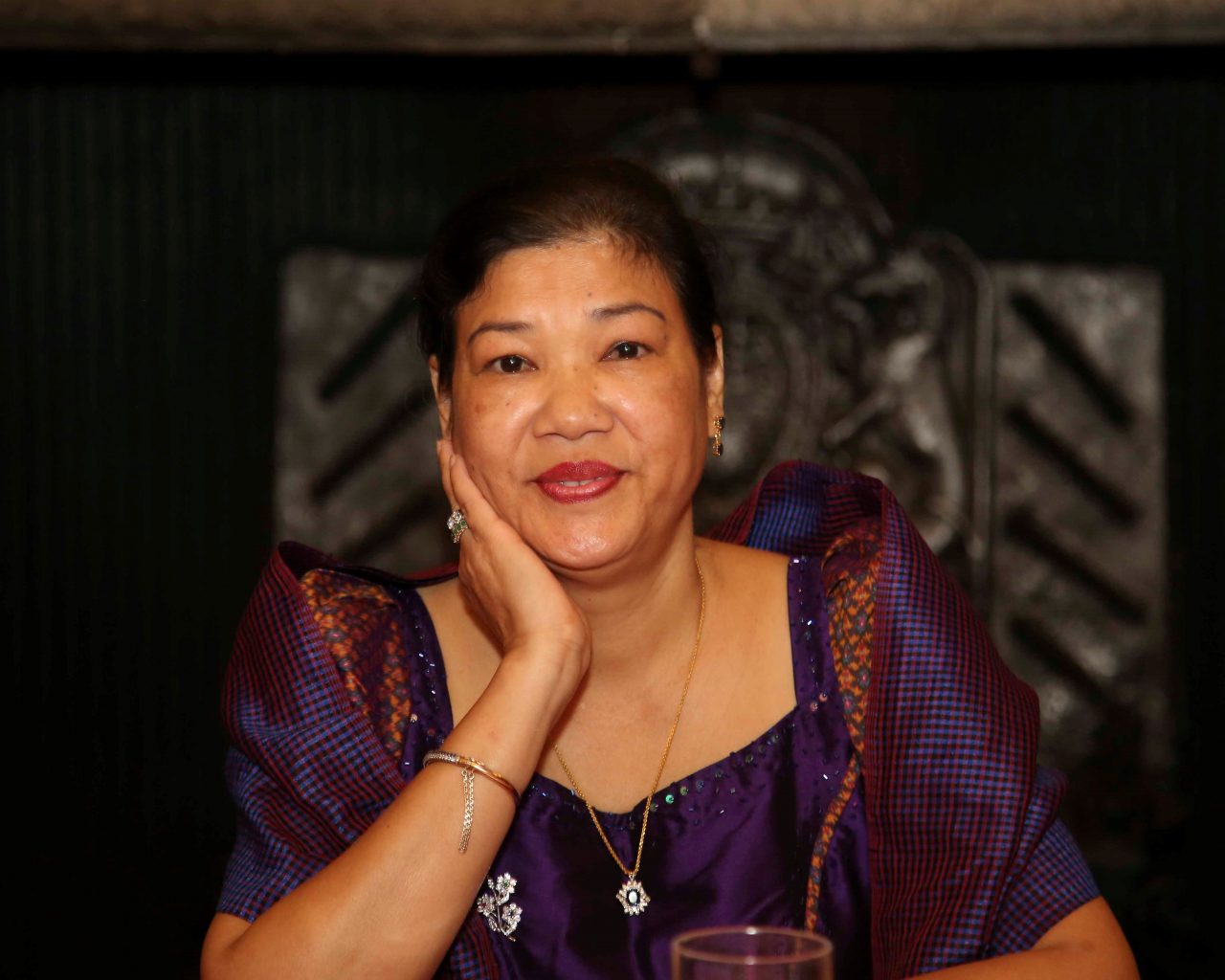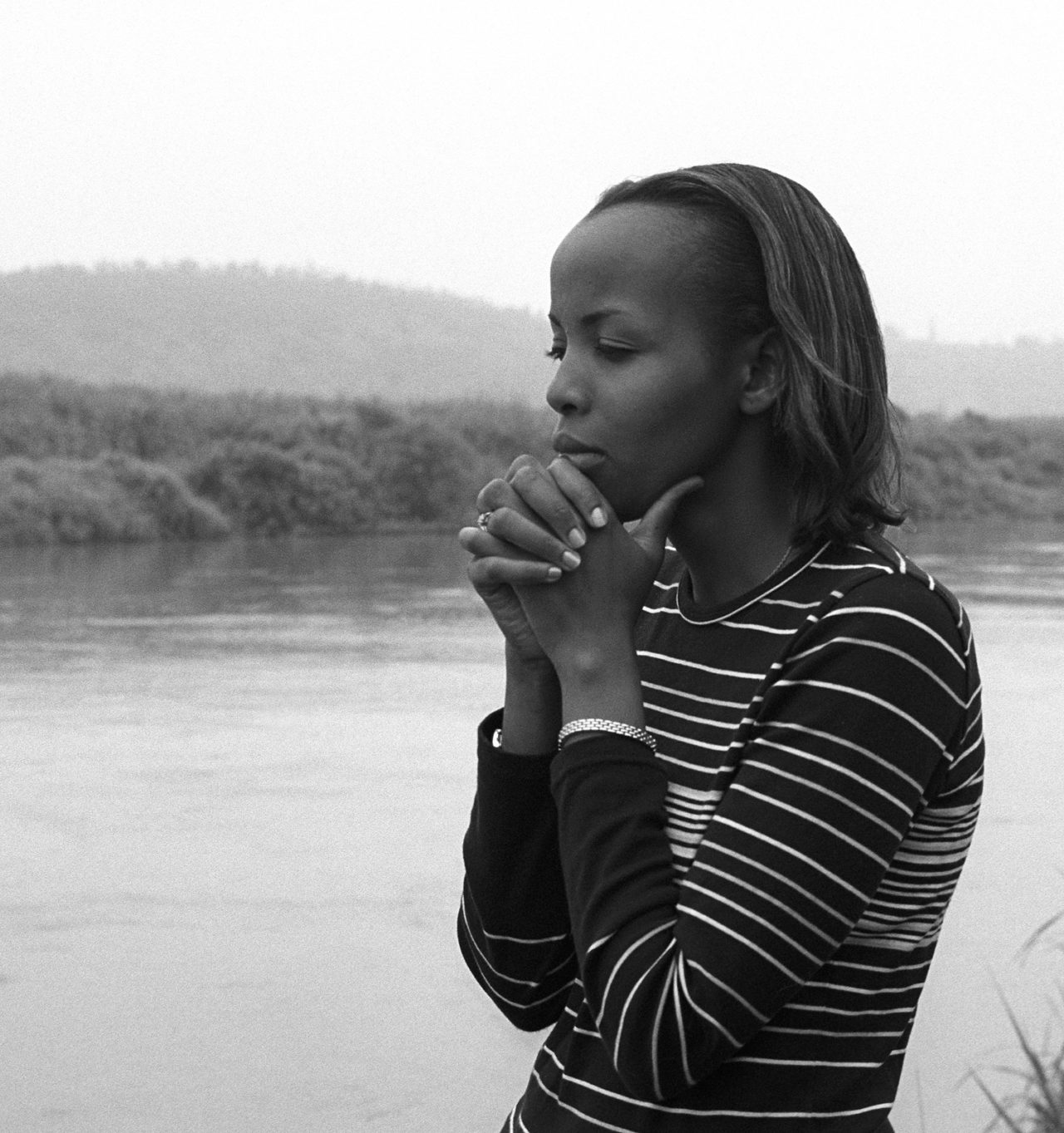8 March: International Women’s Day
Each year on 8 March, people across the world celebrate the social, economic, cultural and political achievements of women for International Women’s Day.
Designated as an annual commemoration in 1975 by the United Nations, International Women’s Day sees thousands of events held throughout the world.
International Women’s Day provides an opportunity for us to highlight female Holocaust and genocide survivors who work tirelessly to share their experiences. Their testimonies provide a stark warning to us of what can happen when acts of discrimination are left unchecked and inspire us all to work towards a future free from the dangers of hatred.
Explore the stories of some remarkable women on our website:
Susan Pollack MBE lost more than 50 relatives during the Holocaust. Today she regularly travels across the UK to share her story.
Hope Azeda lost family members in the Genocide in Rwanda, and today she uses the arts to help others explore the legacy of genocide.
Var Ashe Houston has written a book about her traumatic experiences during the Genocide in Cambodia. You can read her story here.
Read the remarkable story of Hawa and her friends Fatima and Nadia, three friends from Darfur who fled the genocide and came to the UK.


